EACO Uganda (Empower and Care Organization) began in our founder’s own backyard, with the simple intention to share new skills that would aid those in his community who were less fortunate. There is great potential and aspiration found within the people of Uganda, but they are bound by the absence of education, health and empowerment.
It is evident that these issues could not be solved by surface-level solutions because they are part of a deep rooted need for systemic change. However, there is a strive and a shift of mentality that needs to take place within each individual in order to initiate the movement of change of an entire village. From this emerged EACO Uganda’s vision to :



